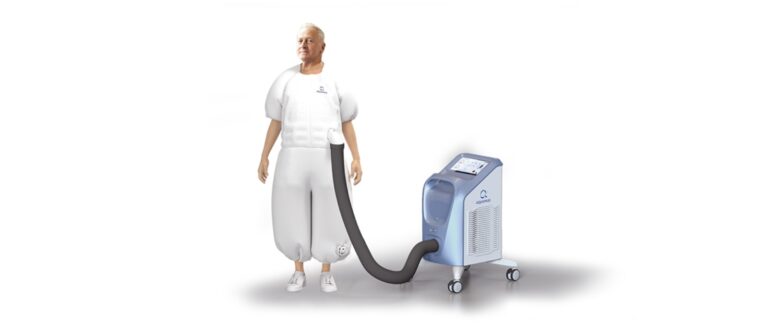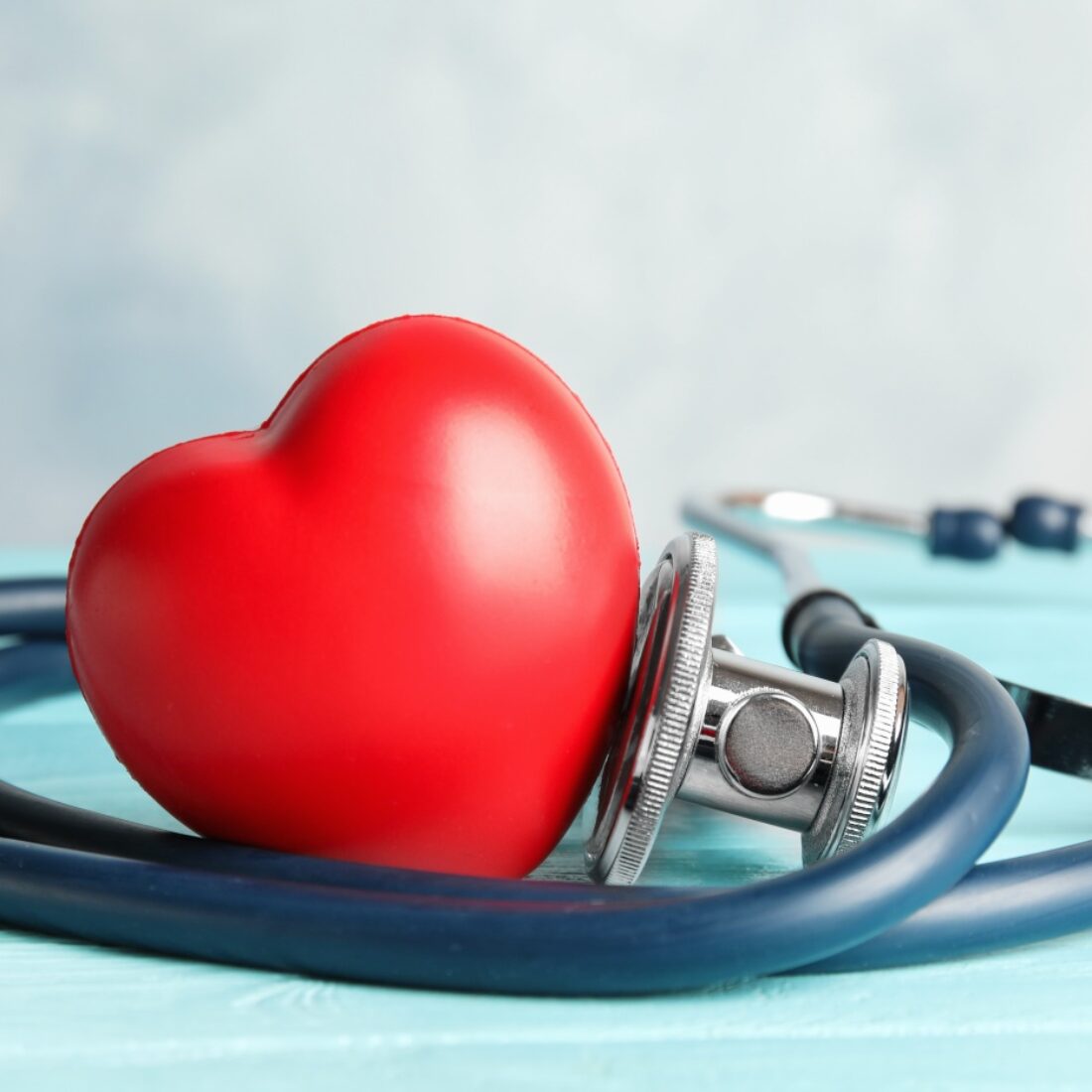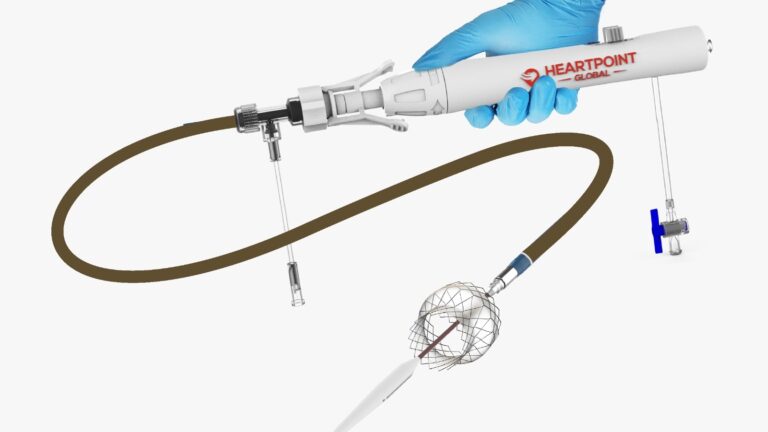For more than 14 years, Yuval Markel has taken daily diuretics to drain his body of fluid buildup due to chronic heart disease. Three daily pills and periodic six-hour infusions cause unpleasant side effects and leave him exhausted and uncomfortable.
Markel happily agreed to test a noninvasive, drug-free solution – the Microclimate Suit – at Rambam Health Care Campus in Haifa.
Looking a bit like a spacesuit, the Microclimate Suit harnesses the body’s natural sweating mechanism to expel excess fluids and instantly evaporates them so the patient doesn’t feel sweaty.
Studies found this wearable alleviates symptoms of heart failure without side effects and without changes in blood pressure or kidney function as can happen with current methods. And after three days of use, patients’ stress hormone levels decreased 30 to 50 percent.
“This is due to a reduced level of pressure in the heart and better fluid balance,” explained Prof. Doron Aronson, director of Rambam’s Inpatient Cardiology Unit.
Trial findings were presented at a recent international cardiology conference at Rambam’s Eyal Ofer Heart Hospital and Research Center.
Comfortable and free
Markel said he was relieved to find a noninvasive treatment that doesn’t exhaust him like the infusions do.
“Wearing the Microclimate Suit, I felt much more comfortable, much freer,” he says.
“It circulates warm air around the body, so you don’t feel as if you are perspiring.”
During six sessions of around seven hours each, Markel shed several pounds of fluids per session. He could easily remove the suit for bathroom breaks.
“The day following each session, I was less tired, and I felt lighter for several weeks after that. I could leave the house and enjoy many activities.”
The Microclimate Suit is the debut product of AquaPass Medical. Founder and CTO Yaacov Nitzan has been working in cardiovascular R&D since 2000, first with companies including Johnson & Johnson and then as an independent entrepreneur.
“This is the third company I’ve founded,” he tells ISRAEL21c.
“V-Wave [maker of an implantable shunt system for chronic heart failure] and WhiteSwell [a catheter-based approach to removing excess tissue fluid] were successful and I think AquaPass could be successful too.”
The power of sweating
Nitzan explains that the problem of fluid overload is huge, because it affects people with three common conditions: heart failure, kidney failure and lymphedema.
Normally, the body balances fluids through a system of compartments. When disease causes excessive fluids to build up, they pool inside the interstitial compartment, a space between the blood vessels and cells.
Diuretic medications work to remove the fluids through the kidneys, but “relying on kidney function is like rubbing a wound,” says Nitzan, since many patients have compromised kidneys.
So he searched for a way to drain the fluid “not invasively, not with drugs and not dependent on kidney function.”
He found his answer in the body’s millions of sweat glands.
“It’s natural and healthy to sweat,” Nitzan says, “and we don’t become resistant to sweating as we do to medications. Actually, the more we sweat the more we become acclimated to sweating.”
Even better, he discovered that sweat glands naturally draw fluids from the interstitial compartment. This was a known fact, but nobody thought to take advantage of the connection to remove excess fluids.
“Now we had to make an environment that a patient would be willing to be in,” says Nitzan.
Creating a microclimate
The Microclimate Suit is engineered to cause perspiration without discomfort, using very low humidity and fast-flowing air generated by a control console using personalized parameters.

“When you go swimming, you can sweat and not feel hot,” says Nitzan. “We left the upper body out of the suit for that reason, and focused on the back, chest and legs. As soon as the fluid comes out through the skin, it is immediately evaporated so the patient feels cool and dry.”
Markel describes the air flow sensation as “nice and warm, not like you are sweating.”
The suit can remove about a liter of fluid in four hours. Throughout treatment, the amount is measured and displayed on a monitor. In the future, says Nitzan, this information could be transmitted remotely to the physician.
“Enhancing fluids and sodium loss via the skin can change the paradigm of treating fluid overload in heart and renal failure,” says Aronson, who serves on the company’s scientific advisory board along with Prof. William Abraham of Ohio State University and Prof. Daniel Burkhoff of the Cardiovascular Research Foundation in New York.
“At Rambam, we used the Microclimate Suit for hospitalized patients with severe heart failure,” says Aronson. “When our patients report enhanced quality of life, and we see a significant decrease in heart failure-related hospitalizations and mortality, we know we are on the right track.”
Still experimental
The experimental Microclimate Suit has delivered about 150 treatments to more than 30 heart-failure patients, starting in the hospital and continuing for a month or two after discharge.
“We started with Prof. Aronson at Rambam and expanded to Rabin Medical Center, which has the biggest cardiology unit in Israel,” says Nitzan.
In the future, the suit may also be tested with dialysis patients, who often accumulate a large amount of fluid between treatments.
AquaPass already has Breakthrough Device Designation from the US Food and Drug Administration and plans to submit the Microclimate Suit to the FDA for approval in a few months.
Development of the device started in 2019 and has been funded by the same investors who supported Nitzan’s previous companies.
Based in a kibbutz north of Herzliya, AquaPass employs 12 people in-house in addition to outside consultants.
“AquaPass has more products in the pipeline but will commercialize the Microclimate Suit first,” says Nitzan.
For more information, click here.
















